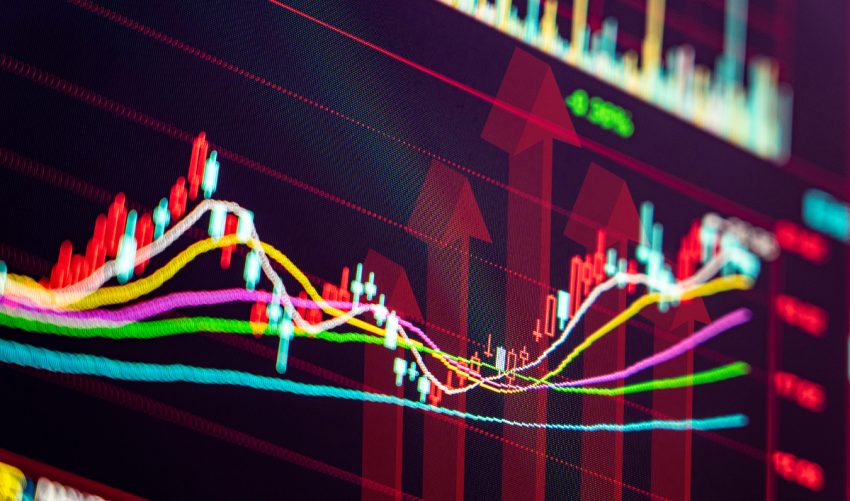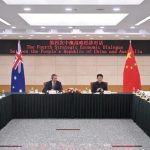
Listed companies in China strengthen share buybacks in a move to stabilize capital market
China's A-share public companies have increased stock buybacks in an effort to shore up returns for their shareholders amid regulatory calls to protect broad investors and promote stability in the market.
On Sunday, up to 20 listed companies announced plans to buy back their shares, setting a new record in terms of the number of new buyback plans released on a single day, the Securities Times reported on Monday.
So far this year, the Shanghai Stock Exchange has announced 521 plans by listed companies to buy back shares and increase stock holdings, surpassing last year's total 405 buyback cases.
Companies listed on the Shenzhen Stock Exchange have disclosed 420 buyback plans, with a total sum of 40.7 billion yuan ($5.67 billion), according to financial data provider Wind.
By repurchasing shares, the companies can reduce the number of outstanding shares, meaning higher earnings per share which will attract more investors, analysts said.
The rising buybacks reflect public companies' responses to regulatory calls to share more of their profits with market investors, which will help boost broad investor confidence, said a research report by Huachuang Securities.
"Share buybacks increase the intrinsic value of individual shares and stabilize the share price. It is an important measure to stabilize the capital market," Dong Shaopeng, a senior research fellow at the Chongyang Institute for Financial Studies at the Renmin University of China, told the Global Times on Monday.
There have also been announcements of share purchases by controlling shareholders, who are using own money to support listed companies, demonstrating long-term confidence in the high-quality development of their companies. Over the weekend, four such moves were announced, with total planned investments ranging from 264 million yuan to 525 million yuan.
The moves come as China's stock regulator steps up efforts to protect investors and stabilize the capital market after Wu Qing, the new head of the China Securities Regulatory Commission (CSRC), took the office.
Protecting the legitimate rights and interests of investors, especially small and medium-sized investors, is the most important task of the CSRC, Wu said at a recent press conference.
Wu specifically called on listed companies to distribute dividends multiple times a year, particularly ahead of the annual Spring Festival.
Wu stressed that the regulator "won't hesitate to act to correct extreme volatilities when the market seriously deviates from its fundamentals, irrational and violent fluctuations occur, liquidity is exhausted, market panic occurs and serious draining of confidence appears."
Clamping down on market frauds is crucial for protecting the interests of small and medium-sized investors, and encouraging listed companies to distribute more dividends is a positive step toward "giving back" to investors, Yang Delong, chief economist at Shenzhen-based First Seafront Fund Management Co, told the Global Times on Monday.
These pragmatic approaches will boost investor confidence, stabilize expectations and lead to steady growth of China's capital market, Yang said.
Since Wu took office on February 7, the Chinese A-share market has recovered much of its losses from a recent sell-off, with the Shanghai composite stock index closing at 3,068.46 points on Monday.



